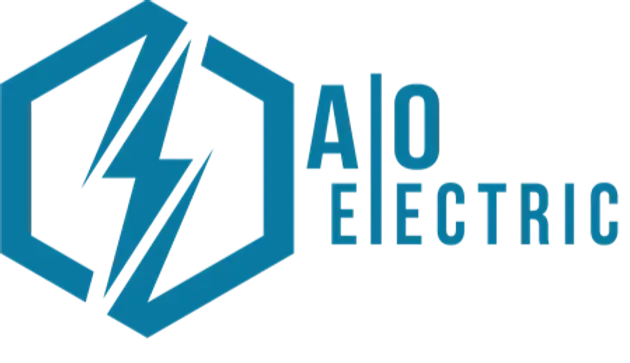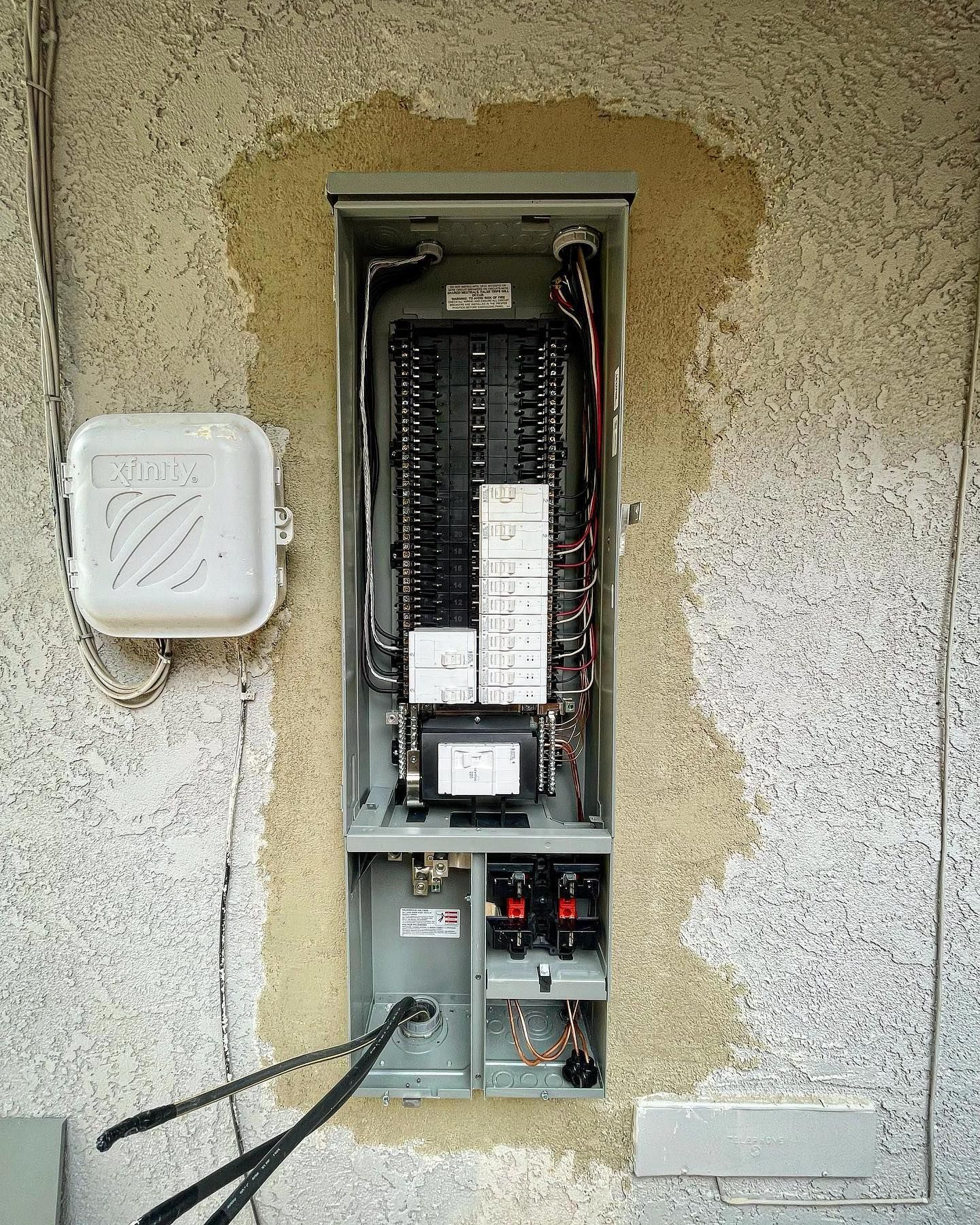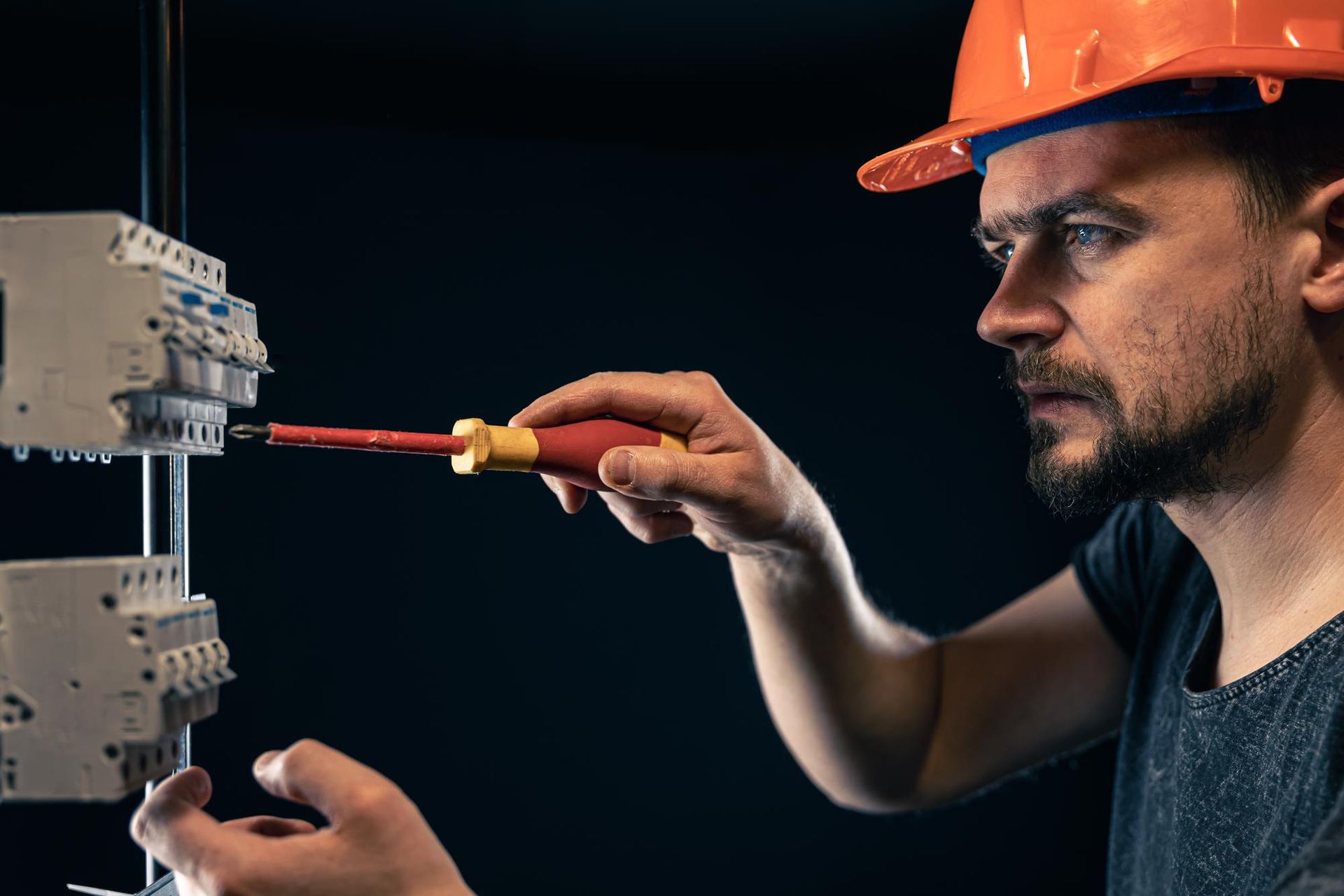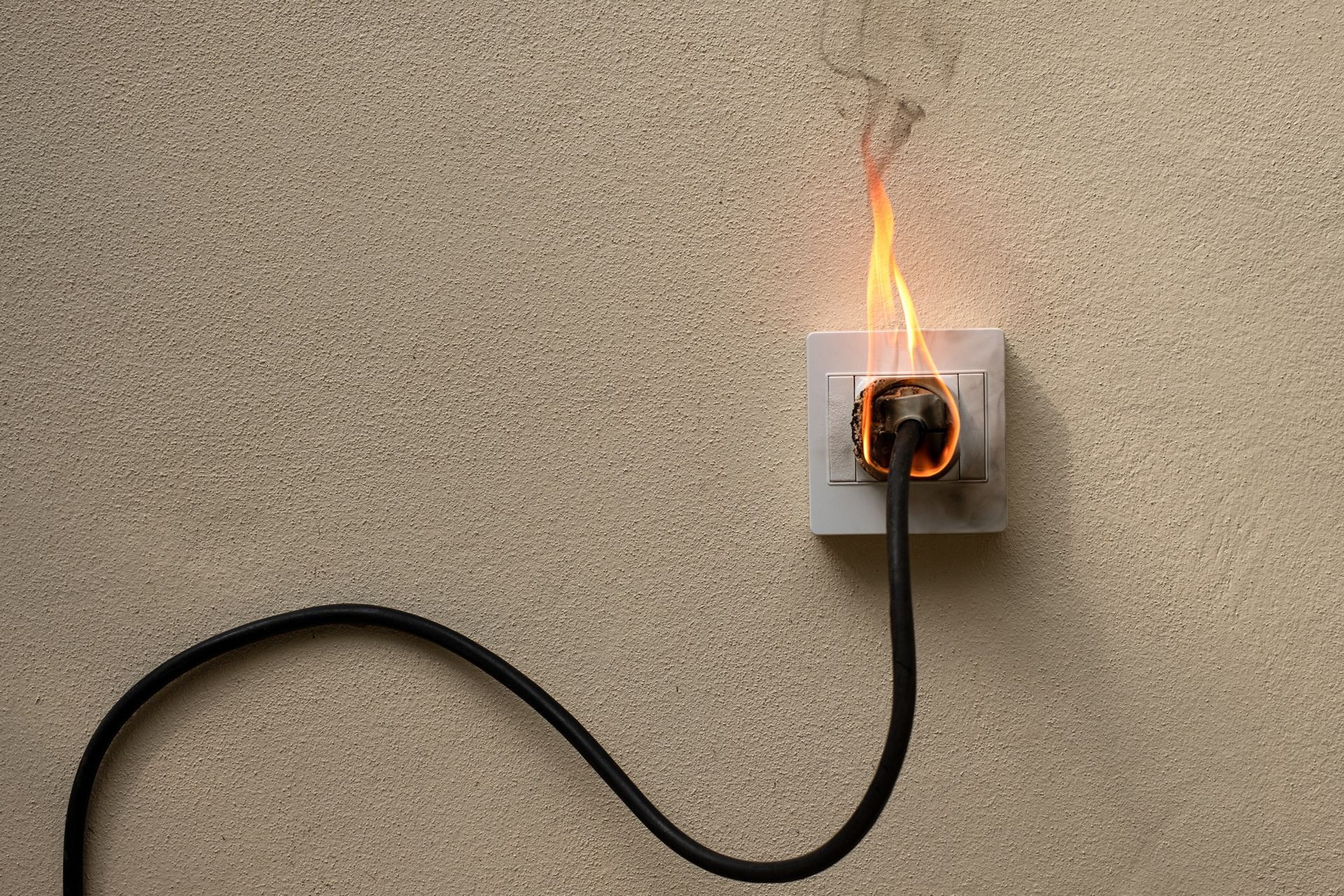Sacramento, CA
Residential Electrician Jobs: Circuits, Wires, and Career Aspirations document
Residential electrician jobs are not merely professions; they are a craft, where expertise meets artistry in a confluence of circuits, wires, and bright futures. A radiant world is constructed through meticulously placed cables, ensuring our homes are illuminated, safe, and efficient. The network of wires hidden behind our walls powers our lives, enabling comfort and progress in an increasingly electrified age. In delving into the world of residential electrician jobs, we unravel a career paved with continuous learning, palpable impact, and endless opportunities, sparking the dreams of those enchanted by the dance of electrons.
1. The Landscape of Residential Electrician Jobs
Overview of the Current Market
In the twinkling city nights and serene suburban evenings, residential electrician jobs are the unsung heroes crafting the spectacle behind the scenes. The Bureau of Labor Statistics in the United States, for instance, has consistently highlighted a growth trajectory for electricians, with an 8% rise expected from 2019 to 2029. This continuous demand underscores the persistent need for trained professionals to install, maintain, and repair electrical systems in our homes, ensuring safety and functionality.
Demand and Growth in the Sector
Residential electrician jobs have witnessed a steadfast demand, attributed largely to the ever-escalating reliance on electrical systems and smart home technology. Aging infrastructure and a growing focus on renewable energy and sustainability further precipitate the need for skilled electricians. This, paralleled with an era where DIY electrical work can pose significant risks and violate local regulations, residential electricians emerge as indispensable artisans of the modern habitat.
The Importance of Residential Electricians in Society
Beyond simply lighting homes, residential electrician jobs embody a societal pillar, fortifying safety and enhancing lifestyle quality. The assurance of professionally handled electrical work mitigates hazards, while the expertise ensures optimal energy use, contributing to environmental conservation. Moreover, their role is pivotal in empowering homes with the latest technologies, intertwining tradition with modernity, and facilitating seamless transitions into the future.
2. Illuminating the Path: Steps to Becoming a Residential Electrician
Educational and Training Requirements
Embarking on a journey into residential electrician jobs typically commences with a strong foundational education, often initiated with a high school diploma or equivalent, coupled with courses in mathematics, physics, and, if available, vocational training in electricity. Subsequent steps generally involve enrolling in a technical school or community college, where aspirants can delve deeper into electrical theory, circuitry, and safety practices, gaining both theoretical knowledge and practical insights.
Apprenticeships and On-the-job Training
Following formal education, aspiring electricians usually step into the real world through apprenticeships, a vital phase in the journey towards residential electrician jobs. Apprenticeships, which can span 4-5 years, amalgamate theoretical knowledge with on-the-job training, enabling aspirants to hone skills under the tutelage of experienced electricians. Through this symbiotic learning, they garner real-world experience, understand practical challenges, and master the art and science of residential electrical work.
Licensing and Certification
Elevating from an apprentice to a fully-fledged electrician in residential electrician jobs necessitates licensing, a crucial milestone that authenticates their skill set and adherence to safety norms. Licensing requirements can vary widely by region, typically involving an examination that tests knowledge on electrical theory, local electrical codes, and practices. Some electricians further embark on certifications in specialized areas, such as home automation or renewable energy installations, carving niches and expanding career horizons.
3. Navigating Through the Wires: Daily Life and Responsibilities
Typical Day of a Residential Electrician
The dawn for those in residential electrician jobs often heralds a day of diverse challenges and tasks, each home presenting its unique electrical tapestry to navigate. From installing wiring in new constructions, repairing or replacing outdated systems, to addressing emergency electrical issues, the versatility of activities keeps the role dynamic. Managing appointments, ensuring timely arrivals, and maintaining a well-stocked toolkit also embed into their daily rhythm, synthesizing technical skills with meticulous organization.
Responsibilities and Duties
Within the nuanced labyrinth of wires and circuits in residential electrician jobs, lies a spectrum of responsibilities. These span from comprehending blueprints, ensuring installations adhere to legal standards, troubleshooting electrical problems, to ensuring the safe and optimal functionality of every home’s electrical system. Additionally, customer service is paramount - explaining issues, providing quotes, and ensuring client satisfaction weave into their duty, establishing trust and fostering lasting relationships.
Challenges and How to Overcome Them
Despite the structured training, residential electrician jobs can propel individuals into a sea of unforeseen challenges. These might range from technical obstacles, like complicated wiring systems, to managing client expectations and adhering to stringent timelines. Skill enhancement through continuous learning, adopting the latest tools and technologies, and cultivating robust client communication skills are vital strategies in maneuvering through these challenges and ensuring a sustainable and successful career.
4. Career Aspirations and Progression in Residential Electrician Jobs
Career Path and Progression
Residential electrician jobs serve as a springboard to various career pathways, whether climbing the ladder to become a master electrician, supervising projects, or even venturing into entrepreneurship by starting an electrical services business. The intricate weave of experience, continuous learning, and perhaps specializing in specific niches, like smart home integration or solar installations, pave the way toward career evolution and fulfilling various aspirations in the electrical domain.
Specializations and Niches
The electrician field, though seemingly straightforward, unfurls into various specializations, each with its unique demands and rewards. Residential electrician jobs can steer professionals into specific niches like home automation, HVAC controls, or renewable energy solutions, which not only introduce them to new challenges but also potentially open avenues for higher income and diversified projects. Specializing usually involves additional training and certification, ensuring their skills remain sharp and relevant in an ever-evolving industry.
The Future Outlook of the Profession
As we gaze into the future, residential electrician jobs shimmer with potential and stability, propelled by technological advancements and an unwavering need for electrical work in homes. The progression towards smart homes, the incorporation of IoT devices, and a societal shift towards renewable energy sources promises a future where electricians will be vital in bridging traditional practices with innovative technologies, ensuring homes are not only powered but are also aligned with future-ready standards.
5. Safety and Ethics: The Hidden Protocols of Residential Electrician Jobs
Importance of Safety Protocols
Ensuring safety in residential electrician jobs is paramount, protecting not only the electricians but also the homeowners. Adhering to the National Electrical Code (NEC) and local regulations, electricians meticulously navigate through circuits and wires, preventing potential hazards such as electrical fires or shocks. Implementing proper isolation of electrical parts, utilizing Personal Protective Equipment (PPE), and conducting comprehensive risk assessments form intrinsic elements of every task, safeguarding against unforeseen perils.
Ethical Practices
Ethical considerations in residential electrician jobs go beyond mere compliance with laws. It encompasses providing honest assessments to clients, recommending only necessary services, and adhering to transparent pricing. This ethical backbone not only fortifies client trust but also enhances the reputation and reliability of electricians in the community. In scenarios where electricians encounter inferior materials or outdated wiring, ensuring these are brought to the client’s attention exemplifies an adherence to ethical principles, embedding safety and integrity in every project.
Building Trust with Clients
Trust-building is pivotal in residential electrician jobs, amalgamating technical expertise with stellar customer service. Ensuring punctuality, providing clear communication, respecting the homeowner’s property, and offering guarantees where applicable underpin a foundation of trust. Engaging with clients post-service, perhaps through follow-ups or offering assistance for future concerns, enriches client relationships, fostering loyalty, and enhancing word-of-mouth referrals.
6. The Sparking Future: Innovations and Tech in Residential Electrician Jobs
Technological Advancements
The evolution of technology perpetually crafts new narratives in residential electrician jobs. The emergence of smart home technologies, for instance, demands electricians to be well-versed in installing and troubleshooting IoT devices, integrating home automation systems, and ensuring connectivity is seamless and reliable. Keeping abreast of technological advancements, through continuous learning and possibly obtaining certifications in new tech applications, ensures electricians remain relevant and competitive in the industry.
Adopting Green and Sustainable Practices
A green shift is palpable in residential electrician jobs, with a mounting emphasis on sustainable and energy-efficient practices. From installing LED lighting systems, integrating solar panels, to implementing energy management systems, electricians are often at the forefront of facilitating sustainable transitions in homes. Knowledge in renewable energy systems and energy conservation practices becomes crucial, as more homeowners seek to minimize their carbon footprints and energy bills, without compromising on quality and safety.
Evolving with the Times
Adaptability is key in safeguarding the longevity and relevance of residential electrician jobs. As technology morphs and new trends emerge, electricians who evolve — adopting new tools, embracing continuous learning, and aligning with contemporary practices — ensure they are not only meeting the current demands but are also prepared for future shifts in the industry. This could involve adopting digital platforms for service bookings, utilizing advanced diagnostic tools, or specializing in upcoming trends like EV charging station installations.
Conclusion
In traversing through the intricate webs of wires, codes, and circuits encapsulated in residential electrician jobs, we have unveiled a profession that is not merely about connecting cables but about illuminating homes with safety, efficacy, and innovative technology. The future buzzes with electric potential, where those embarking on this career path are not just securing a job; they’re becoming pivotal contributors to a modern, sustainable, and technologically advanced living tapestry.
For those seeking to turn aspirations into volts and volts into a luminous career, remember that the journey demands a blend of continuous learning, hands-on experience, and a resolute commitment to safety and ethical practices. It's about lighting the way towards a sustainable future, navigating the smart home revolution, and ensuring that the warmth of safe, well-lit homes continues to glow unceasingly across neighborhoods.
In the vibrant and dynamic world of residential electrician jobs, service providers stand as testament to the skilled, adept, and trustworthy professionals the industry seeks to mold. In places like Sacramento, CA, companies like AO Electric Inc. illuminate this path with distinguished services. With a reputation for reliability, safety, and customer satisfaction, they’ve become a beacon of quality electrical services in the community. Reach out to
AO Electric Inc. at
(916) 531-6398, and experience firsthand the exceptional services that encapsulate the spirit and aspirations we’ve explored throughout this guide.
May the prospective electricians find inspiration and tenacity to evolve alongside the industry, ensuring that while technology and trends may shift, the fundamental essence of secure, efficient, and innovative residential electric services remains forever aglow.















